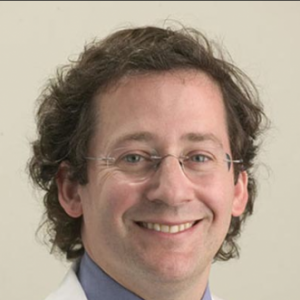Dr. Paul Friedlander
Chairman and Program Director

Biography
Dr. Friedlander practicesat Tulane Medical Center, University Medical Center and the VA Medical Center (SLVHCS) . He received his B.S. in biology from Georgetown University and his M.D. from LSU (New Orleans). Following medical school, he completed a two-year General Surgery residency at George Washington University, an Otolaryngology residency at LSU (New Orleans), and a Head and Neck Surgical Oncology Fellowship at Memorial Sloan-Kettering Cancer Center. In 1997, he entered academic practice, where the majority of his effort was in translational research in head and neck cancers. He established a head and neck tumor bank, investigated and published on gene therapy using modified adenoviruses in targeting head and neck cancer as well as immunomodulation of head and neck cancer using the CD40 ligand protein. He joined Tulane in 2006 as an Associate Professor. He became the Chairman of the Department of Otolaryngology in 2009, the Residency Program Director in 2011, and currently serves in both roles. He established Healing Hands Across the Divide (2010) to address racial and socioeconomic head and neck cancer disparity. This has resulted in numerous publications and presentations. His current research focus is on head and neck cancer disparity and health equity.
Education
Memorial Sloan Kettering Cancer Center
MD Anderson Cancer Center
Louisiana University School of Medicine
George Washington University
Charity Hospital New Orleans-General Surgery
Louisiana State University, School of Medicine
Georgetown University
Articles
Tumor necrosis factor-α triggers opposing signals in head and neck squamous cell carcinoma and induces apoptosis via mitochondrial- and non-mitochondrial-dependent pathways
2019
Head and neck squamous cell carcinoma (HNSCC) remains one of the most common malignancies worldwide. Although the treatment outcomes of HNSCC have improved in recent years, the prognosis of patients with advanced-stage disease remains poor. Current treatment strategies for HNSCC include surgery as a primary therapy, while radio-, chemo-, and biotherapeutics can be applied as second-line therapy.
Primary Squamous Cell Carcinoma of the Thyroid
2019
Primary squamous cell carcinoma of the thyroid (PSCCT) is a rare malignancy of the head and neck, with fewer than 60 cases reported in the literature. We report a case of PSCCT and provide a brief review of the literature.
Improved Timeliness of Care for the Underserved: A Potential for Patient Navigation
2019
Minorities suffer disproportionately worse outcomes in malignancies of the head and neck; Here we seek to determine the potential for patient navigation to improve the timeliness of head and neck cancer care in an underserved population.
Media Appearances
More HPV vaccines could prevent head and neck cancers
“We want people to get vaccinated before they’re exposed to the virus,” Friedlander says. “Otolaryngologists should be actively engaged in promoting cancer vaccinations.”
